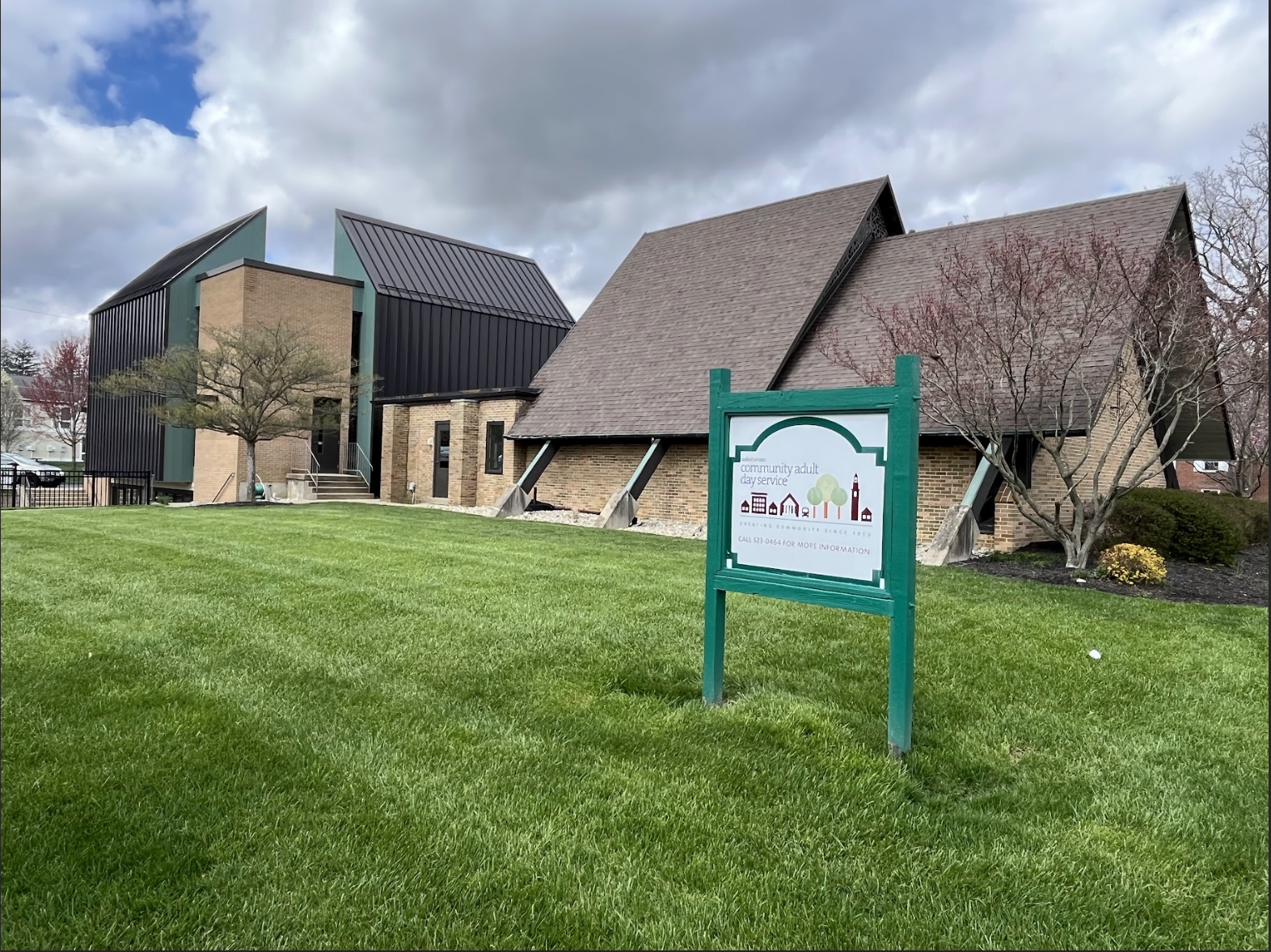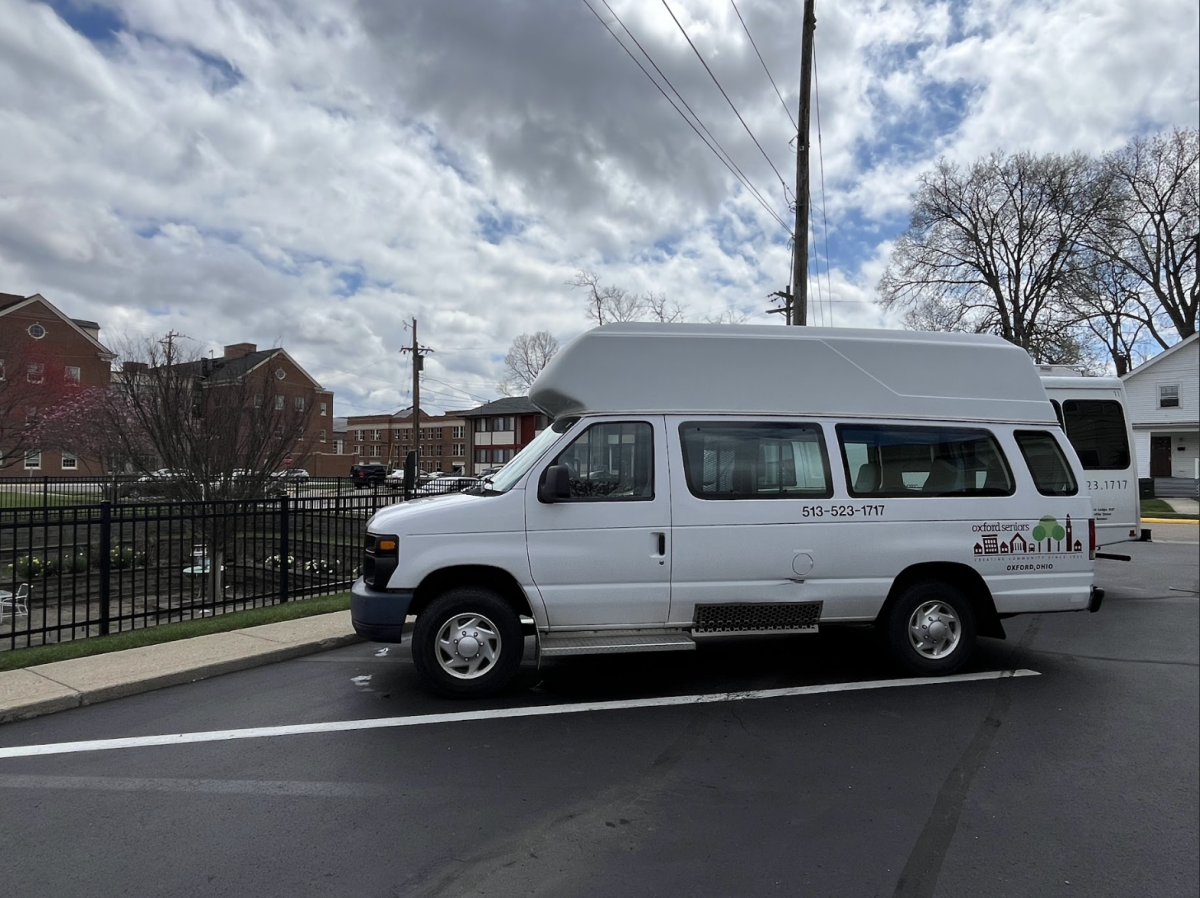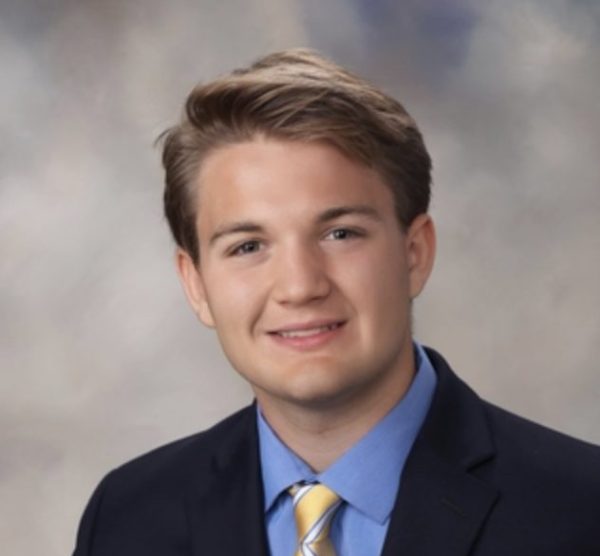Oxford Seniors’ transportation program drove 8,858 rides throughout the fiscal year of 2023, only asking each rider for a suggested donation of $1.50 each way.
Executive director Emily Liechty said the program is essential for maintaining the health of Oxford’s older population. Oxford Seniors has a driver dedicated to taking dialysis patients to appointments on Mondays, Wednesdays and Fridays.
“It can be a really huge burden for families because two to three times a week they need to get their loved one to dialysis at 9 a.m. and pick them back up by 1 p.m.,” Liechty said. “How does that fit into their work day?”

Recently, Oxford Seniors received a $25,000 grant from the McCullough-Hyde Foundation to continue the program.
These rides can be scheduled a day in advance not only for appointments and prescriptions, but for anything from grocery shopping to hair appointments.
“We have clients that we take to the hairdresser every week,” Liechty said. “And some people might think, ‘is that important?’ And yes it is because that’s their opportunity to get out of the house, be connected with the world and feel good about themselves.”
While the service prioritizes medical appointments, social interaction plays a key role in the transportation service.
“You get to know the names of the people,” lead driver Chris Quimby said. “I tell the dispatchers, you’ll often get the same people going to the same places and within two weeks you get to know at least three to four of them.”
The organization would like to do more to help older adults with rides to houses of worship on Sundays, Liechty said.
“We struggle finding volunteer drivers,” Quimby said. “If we could find more drivers, maybe we could help take people to church on Sunday or do out of town trips for procedures or appointments down in Cincinnati, Bethesda or Blue Ash.”
The Adult Day Service hosted by Oxford Seniors at the Faith Lutheran Church also provides a space for isolated older adults to spend the day and socialize. Their Adult Day Service is able to accommodate up to 15 clients each day of the week.
“It’s just a place for them to be safe and cared for,” Liechty said. “It also helps caregivers that work full time or simply need a break.”
Currently the program offers snacks and activities like watching TV, playing bingo and doing exercises, but after receiving $1,500 in a grant from the McCullough-Hyde Foundation, the program is looking to expand their options and cater to their clients needs.
“I mean our clients would play bingo every day. They love it,” Liechty said. “But what if instead of bingo we had games that provide enrichment and support for people who are suffering from memory loss.”
The program has already purchased games that can be played without language to help engage attendees who are no longer able to communicate easily through speech.








